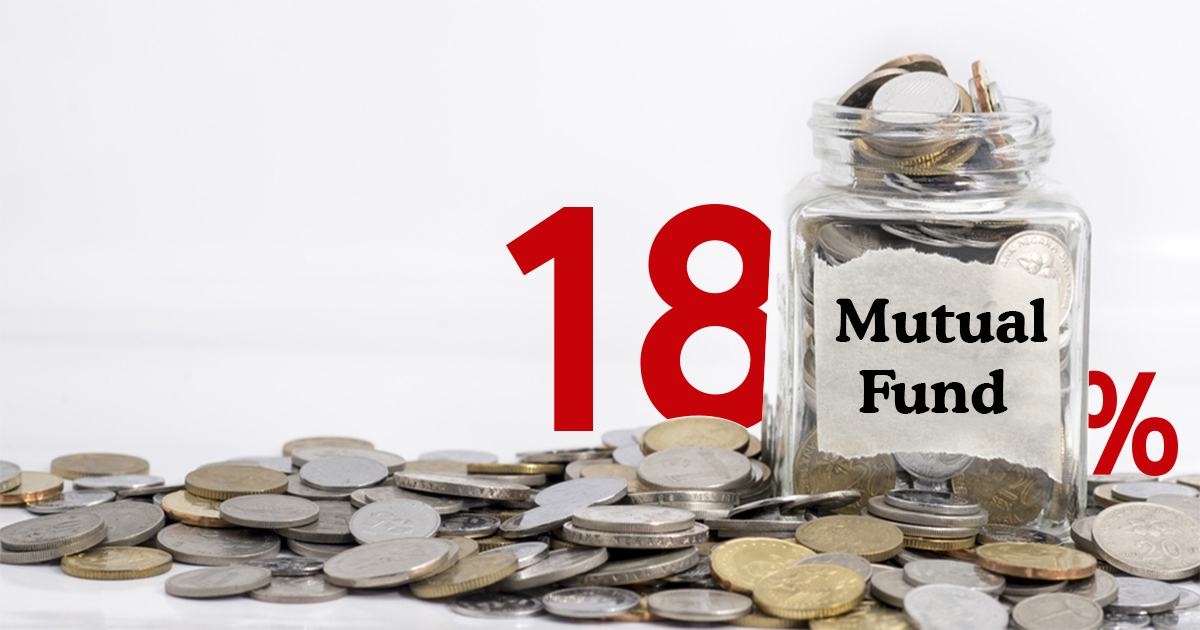After the implementation of Goods and Services Tax from 1st July 2017, it is expected that service tax increase by 3%. The expense ratio is the measurement of the cost carried by the investment company to operate its mutual fund. The expense ratio of Mutual Fund houses across the globe also goes up by 3%. The small Mutual Fund (MF) distributors whose annual earning of up to Rs.20 lakh will beneficial with the implementation of GST.
The Mutual Fund (MF) distributors whose annual earning up to Rs.20 lakh are exempted from paying service tax as well as distributors who are earning up to Rs.10 lakh as a commission are also exempted from paying service tax. “We should wait for the fine print before we jump to any conclusion. However, what I understand, for now, is that expense ratio will increase marginally,”
PPFAS Mutual Fund chairman and chief executive, Neil Parag Parikh told PTI here on Thursday. “At my company, the expense ratio for direct plans is currently 1.8%, and 2.3% in case of regular plans plus the existing service tax of 15%. In case service tax increases to 18% then the expense ratio of these two plans will also go up accordingly,” he added.
Read Also: Difference Between GST and SST (Sales & Service Tax)
Taurus Mutual Fund CEO, Waqar Naqvi said that “with the implementation of GST, the total expense ratio of my company will go up, though marginally.” “However, small distributors with an annual income of up to Rs.20 lakh and who comprise around 80% of total distribution force in the industry will get benefited out of the new tax regime.” He further added that, Industry experts feel that mutual fund services are going to become expensive after the implementation of GST.
Currently, 15% service tax levies on mutual funds. After the implementation of GST, it is going to increase by 3% i.e., shift from 15% to 18%. According to Birla Sun Life Mutual Fund chief executive A Balasubramanian, “GST implementation will surprise positively as everyone is getting ready for a smooth transition.”










